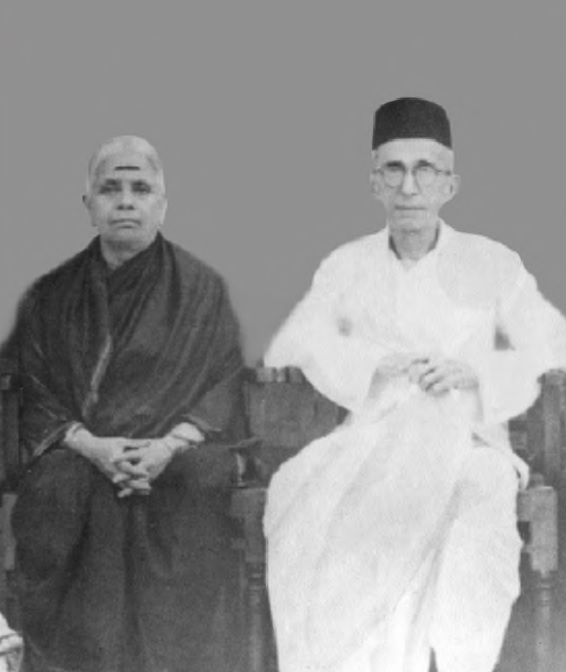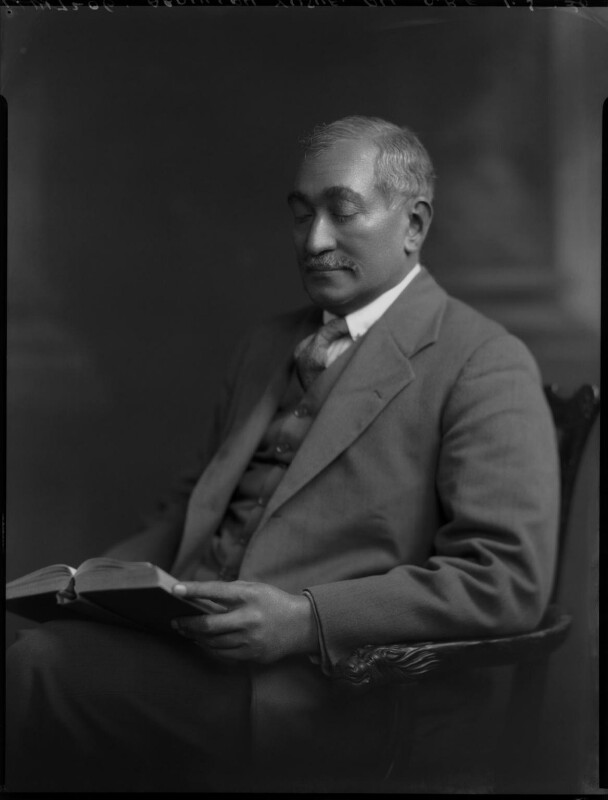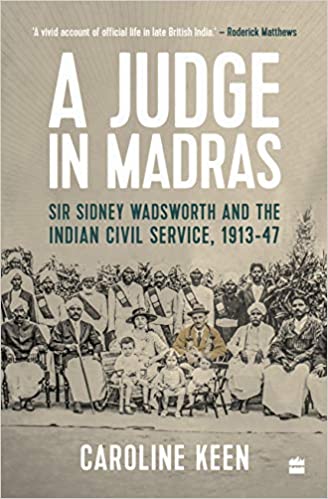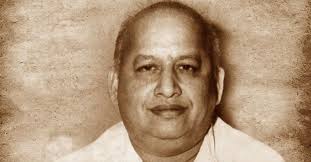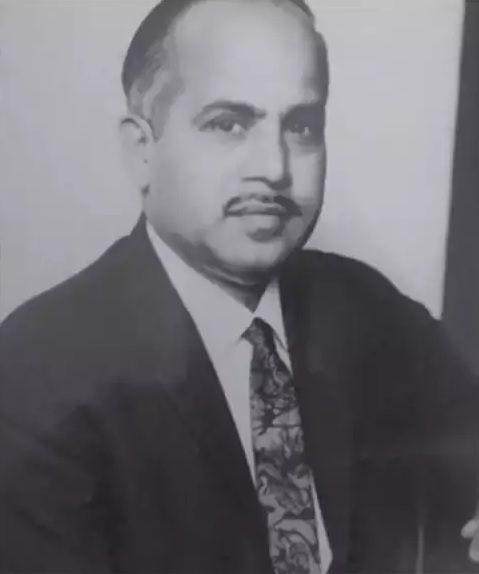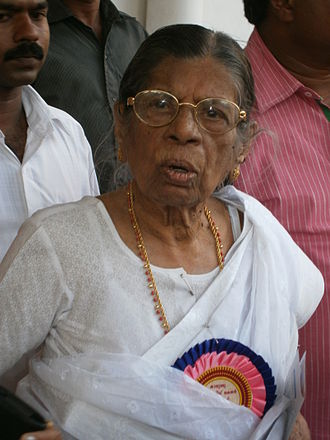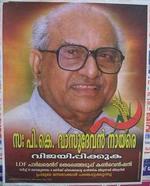The importance of sidewalks and a call for a manifesto or bill of rights for pedestrians. I wanted to avoid the word ‘pedestrian’ for its obvious pedestrian connotation. But, I also did not want to marginalise the pedestrian who has historical rights to entire roads to a mere sidewalk by using the word ‘sidewalker.’ So, I use both interchangeably.
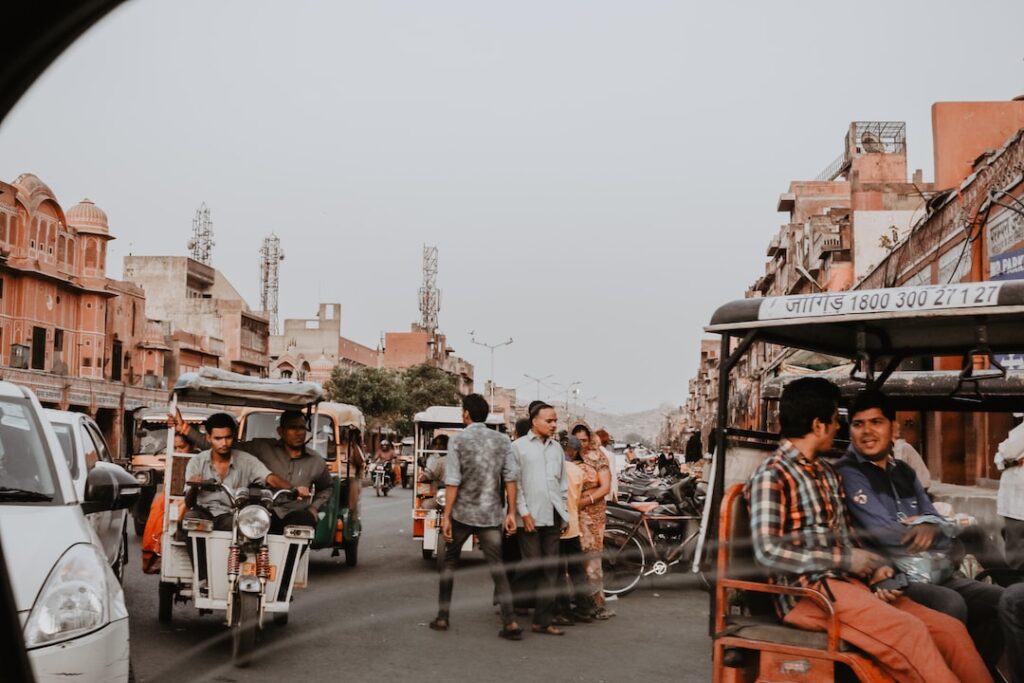
‘Think of a city, and what comes to mind? Its streets. If a city’s streets look interesting, the city looks interesting; if they look dull, the city looks dull.’ – Jane Jacobs
“When people say that a city, or a part of it, is dangerous or is a jungle, what they mean primarily is that they do not feel safe on the sidewalks.” – Jane Jacobs
“I will [tell] the story as I go along of small cities no less than of great. Most of those which were great once are small today; and those which in my own lifetime have grown to greatness, were small enough in the old days.” – Herodotus
Continue reading “The pedestrian is cross”
![]()

